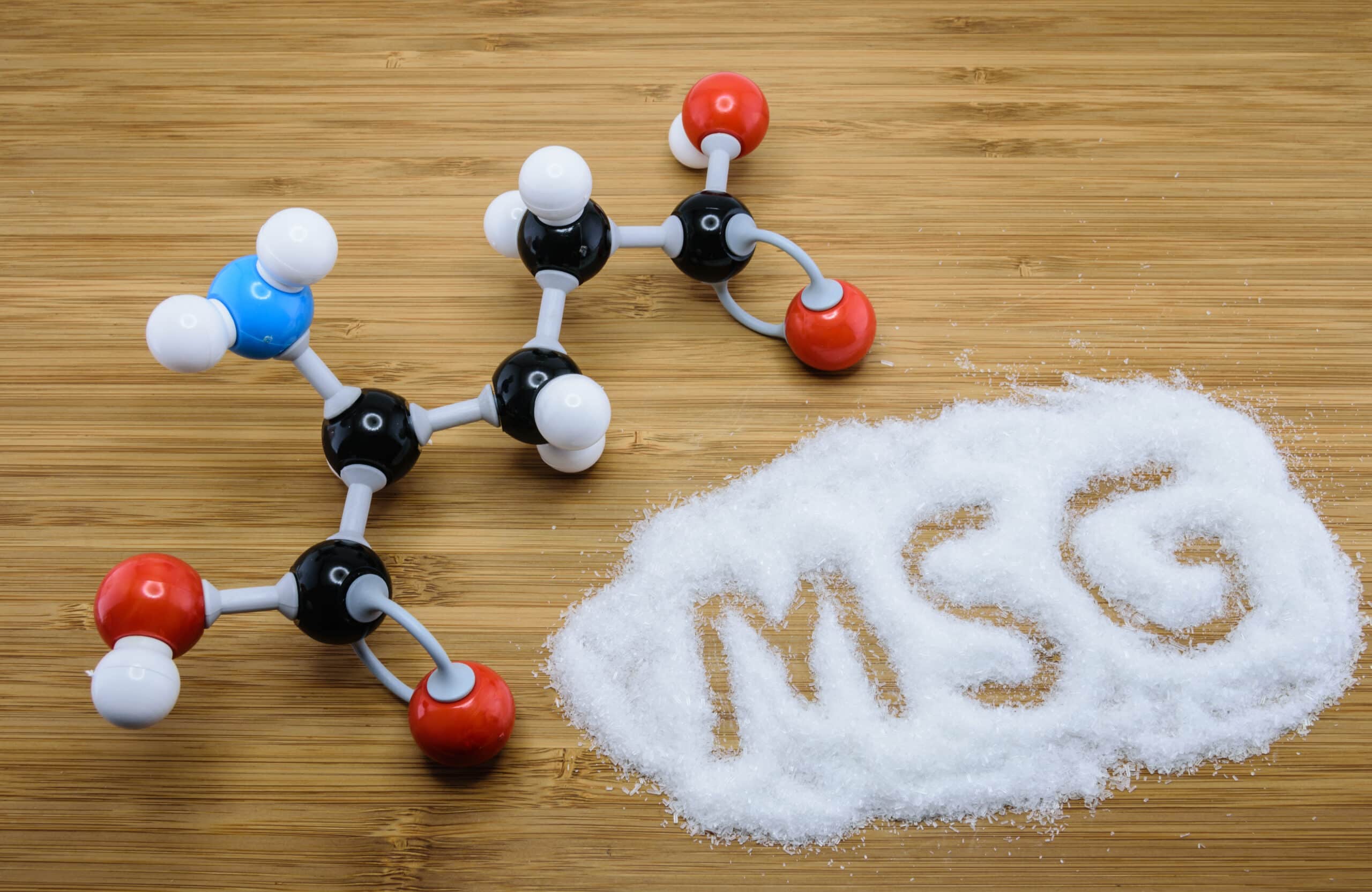

MSG, or monosodium glutamate, has been widely criticized for causing a range of negative health effects, including headaches, nausea, and even allergies. But is there any truth to these claims?
What is MSG?
First of all, it’s important to understand what MSG actually is. It’s a flavor-enhancing additive that’s commonly used in processed foods, especially in Asian cuisine. MSG is made from glutamic acid, an amino acid that’s found naturally in many foods, such as meat, fish, and vegetables. When MSG is added to foods, it enhances the overall flavor and savory taste.
Negative Health Effects?
So, what about the claims that MSG causes negative health effects? In reality, the evidence is mixed. While some studies have suggested that MSG can cause headaches, nausea, and other symptoms in some people, other studies have found no link between MSG and adverse health effects. Additionally, the symptoms that some people attribute to MSG may actually be caused by other factors, such as alcohol consumption or stress.
Sensitivity to MSG
Despite these mixed findings, some people may still be sensitive to MSG and experience negative health effects as a result. If you think you might be sensitive to MSG, you can try avoiding foods that contain it and see whether your symptoms improve. However, it’s worth noting that MSG is not considered a major health risk, and the FDA has classified it as safe for consumption.
Sodium & MSG
One thing to keep in mind is that many processed foods that contain MSG are also high in sodium, which can be a concern for people with high blood pressure or other health conditions. Additionally, consuming large amounts of processed foods in general can contribute to weight gain and other negative health outcomes. So, while MSG itself may not be a major health risk, it’s still important to be mindful of the types and amounts of foods you’re consuming.
In conclusion, while MSG has been the subject of much criticism and controversy, the truth is that it’s not as bad for your health as some people believe. While some individuals may be sensitive to MSG and experience negative side effects, the evidence supporting these claims is mixed. Ultimately, it’s important to consume a balanced diet that’s rich in whole, unprocessed foods and to be mindful of your sodium intake. As with most things in life, moderation is key. For more health related articles visit www.FamilyFirstUrgentCareConroe.com.
- Cultural Competency in Urgent Care: Providing Inclusive Patient Care - April 11, 2025
- Urgent Care for the Elderly: Specialized Services for Senior Patients - March 24, 2025
- Urgent Care for Mental Health: Addressing Immediate Needs - February 17, 2025



